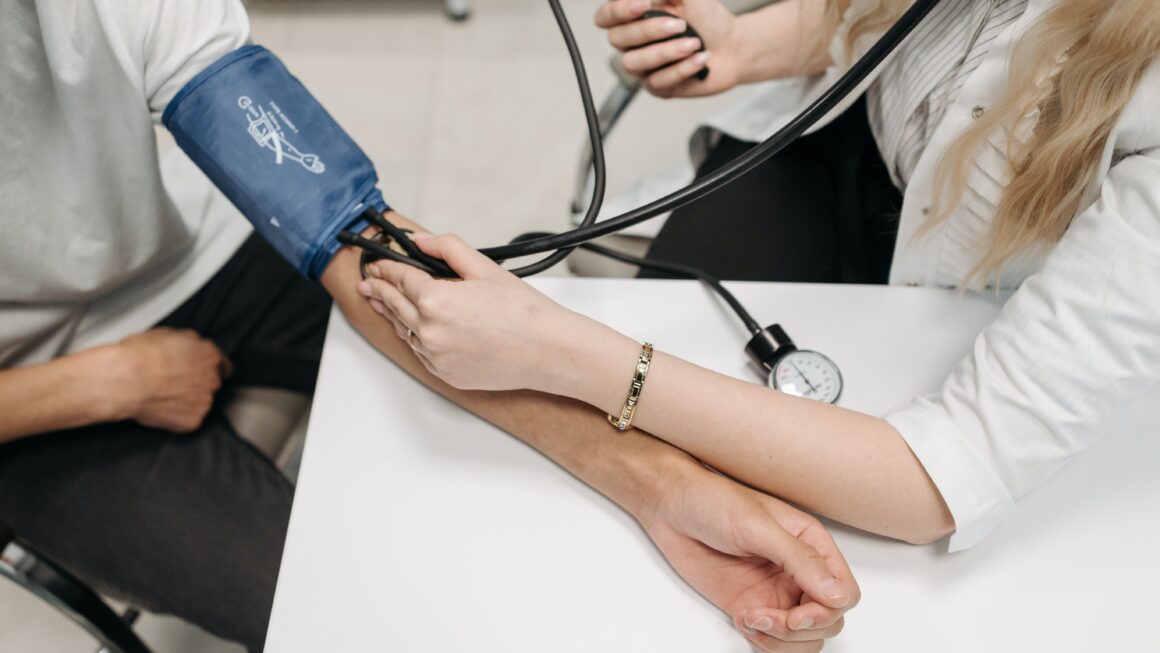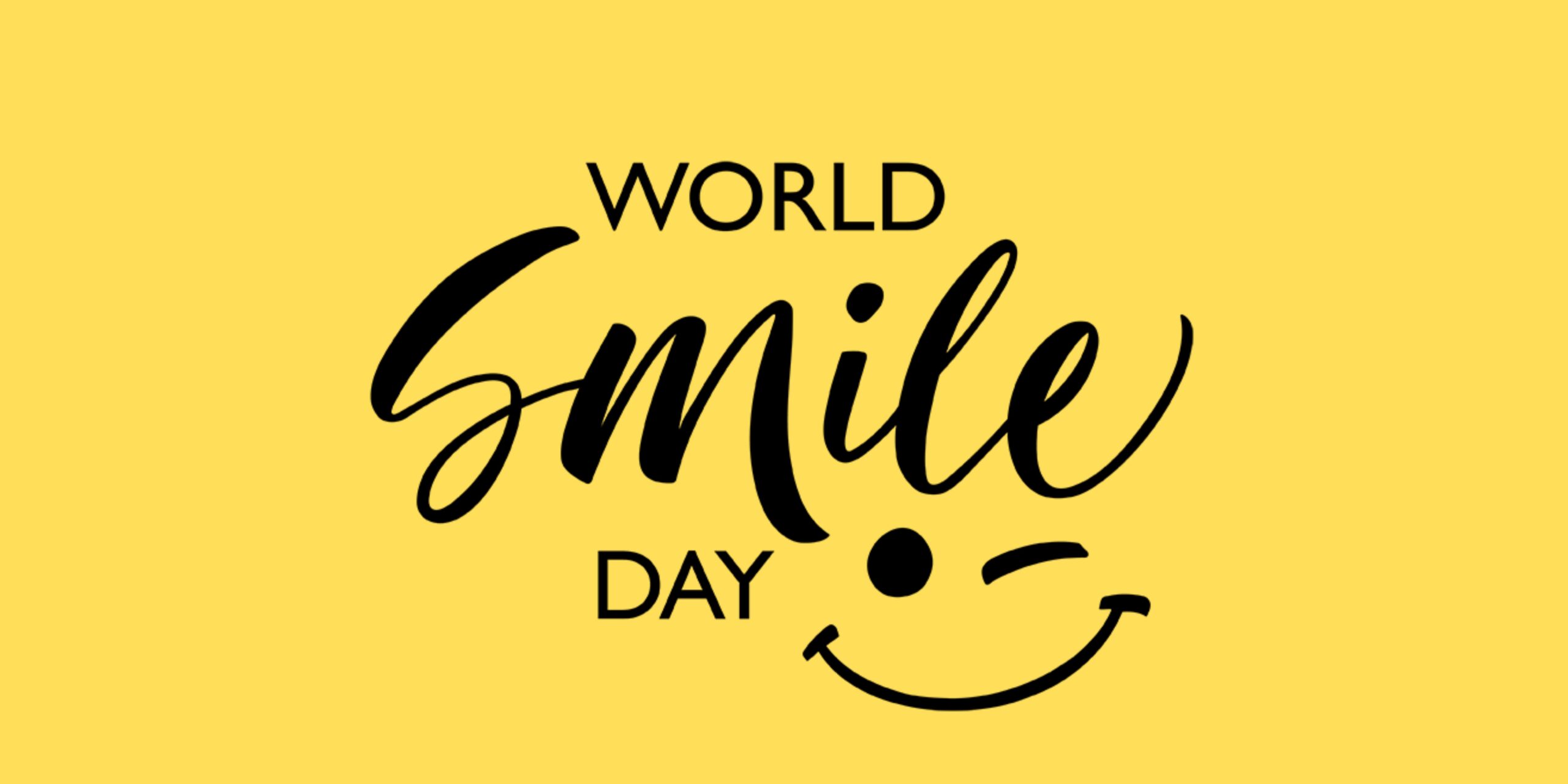The circulating blood in your body creates pressure on the walls of the blood vessels – known as blood pressure. When this pressure is in the normal range, the circulatory system works well, and the heart can pump blood effectively to the entire body. There are two numbers used in a blood pressure measurement. The systolic (top or first number) is the pressure on the vessels during the contraction phase of the heart (when the heart beats) and when the pressure is at the highest point. The diastolic (bottom or second number) is the pressure on the vessels during the relaxation phase of the heart (in between beats).
High blood pressure or hypertension is a “silent killer” because many people do not experience symptoms, or if they do, the signs are misinterpreted. Almost half of all American adults have high blood pressure; many are undiagnosed. Blood pressure often increases slowly over time, so a regular blood pressure check by a professional is essential.
A normal blood pressure reading is under 120 and under 80. Your risk of death from heart disease and stroke doubles with every 20 points on systolic and 10 points on diastolic if you are between ages 40 and 89. The biggest threat from high blood pressure is damage to your organs over time if elevated blood pressure is left untreated. High blood pressure can impact everything from your vision, kidneys, and brain. While there is no cure for hypertension, there are many ways to control your blood pressure if it is found to be elevated.
So how can you protect yourself? Know your numbers!
Knowledge is power. Prevention and management are the keys to your health.
If your blood pressure falls in the normal range (below 120 and below 80), continue to work on preventing hypertension: find time for physical activity, eat a heart-healthy diet, manage stress levels, drink alcohol in moderation, and quit smoking. Continue to get your blood pressure checked by a professional every year.
If you are found to have hypertension- Stage 1 or Stage 2, please work with your doctor to find the right course of action. Between lifestyle changes and medication, you can significantly reduce your risk of complications from elevated blood pressure.
Please take a moment to contact your doctor or healthcare provider and get your blood pressure checked. Take control of your health today for a brighter future.
About the Author: Michaela graduated from the master’s program in Exercise Physiology at San Francisco State University. She graduated suma cum laude and received the Distinguished Academic Achievement award for her thesis on cycling economy. While at San Francisco State University, she taught undergraduate physical activity courses, including aerobics and strength training, and assisted with undergraduate research projects. Michaela is classically trained in ballet and other dance forms and has spent many years as a professional dancer.
Photo by Pavel Danilyuk


